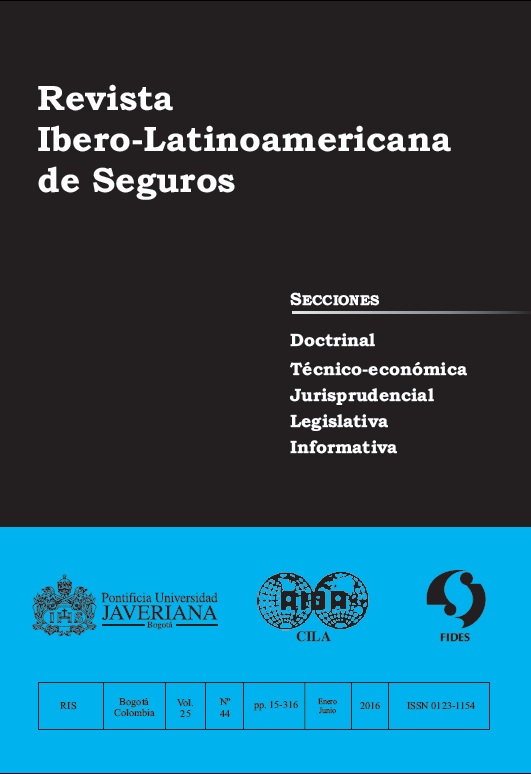Resumo
El seguro de crédito constituye un seguro de daños en virtud del cual la Compañía aseguradora cubre el riesgo de insolvencia de un deudor del asegurado. Lo que se pretende con este seguro es proteger al asegurado contra el riesgo de impago de las ventas de mercancías o servicios que éste realiza a crédito, bien por operaciones locales o de exportación. A través de este seguro, los asegurados mitigan el riesgo de la cartera morosa y a su vez incrementan y flexibilizan sus ventas a crédito.
El seguro de crédito es un seguro un poco atípico, pero su relevancia ha tomado fuerza en los últimos años. Este seguro se rige por las disposiciones legales que regulan el contrato de seguro en general.
Debido al nivel de crecimiento de las deudas en los últimos tiempos y con este el aumento del riesgo de insolvencia de los deudores, el seguro de crédito se ha convertido en una opción más apetecedora por los empresarios que buscan evitar la retención directa del riesgo de insolvencia de sus deudores.
A pesar de que el seguro de crédito no se encuentra regulado de forma explícita en el código de comercio, el mismo constituye un contrato de seguro y por lo tanto debe contar con todos los elementos esenciales para que nazca a la vida jurídica, lo cual implica que se rige por los principios y reglas generales del contrato de seguro como lo son el principio de la buena fe, el principio indemnizatorio, entre otros.
En el presente trabajo se realiza un análisis de diferentes laudos arbitrales que se han proferido en los últimos años con el fin de conocer la posición de los Tribunales de Arbitramento frente al seguro de crédito y así mismo profundizar y conocer más de este seguro del cual existe poca información.
Esta revista científica se encuentra registrada bajo la licencia Creative Commons Reconocimiento 4.0 Internacional. Por lo tanto, esta obra se puede reproducir, distribuir y comunicar públicamente en formato digital, siempre que se reconozca el nombre de los autores y a la Pontificia Universidad Javeriana. Se permite citar, adaptar, transformar, autoarchivar, republicar y crear a partir del material, para cualquier finalidad (incluso comercial), siempre que se reconozca adecuadamente la autoría, se proporcione un enlace a la obra original y se indique si se han realizado cambios. La Pontificia Universidad Javeriana no retiene los derechos sobre las obras publicadas y los contenidos son responsabilidad exclusiva de los autores, quienes conservan sus derechos morales, intelectuales, de privacidad y publicidad.
El aval sobre la intervención de la obra (revisión, corrección de estilo, traducción, diagramación) y su posterior divulgación se otorga mediante una licencia de uso y no a través de una cesión de derechos, lo que representa que la revista y la Pontificia Universidad Javeriana se eximen de cualquier responsabilidad que se pueda derivar de una mala práctica ética por parte de los autores. En consecuencia de la protección brindada por la licencia de uso, la revista no se encuentra en la obligación de publicar retractaciones o modificar la información ya publicada, a no ser que la errata surja del proceso de gestión editorial. La publicación de contenidos en esta revista no representa regalías para los contribuyentes.


